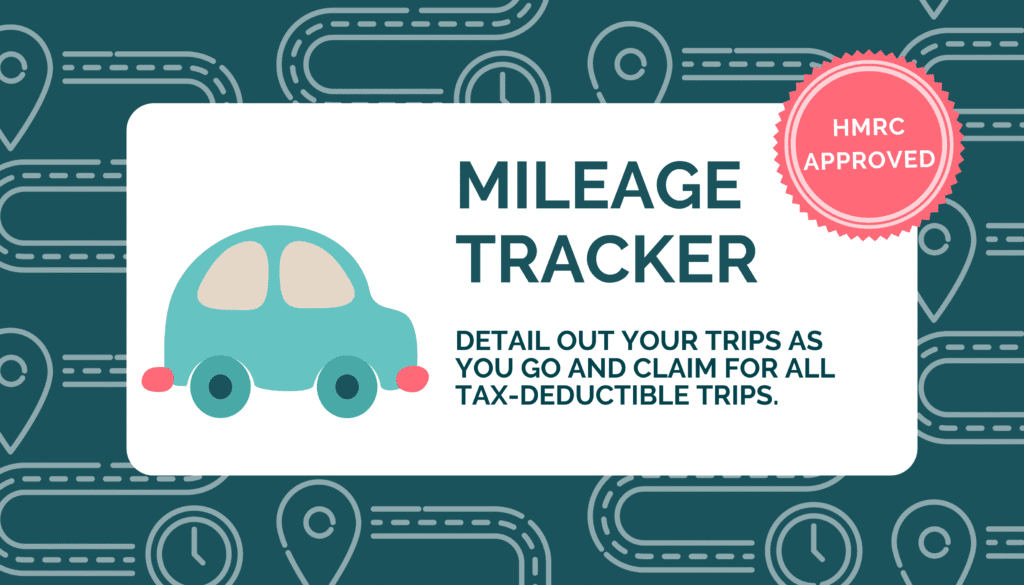One of the most common questions we hear from business owners is: “Should I lease or purchase my new company car?”
The short answer? It depends.
But let’s dig deeper, because your choice can impact everything from your cash flow to your tax bill — and even your peace of mind.
What’s the difference between leasing and purchasing?
Before you decide, let’s make sure we’re clear on what each option really means.
Leasing a car is like renting it for a fixed period (usually 2–4 years). You pay monthly installments, and at the end of the term, you either return the car or pay a final fee if you want to keep it.
Purchasing means you own the car outright — either by paying upfront or through a loan you eventually pay off. Once it’s paid, it’s yours to keep, sell, or trade in whenever you like.
Leasing: The cash flow-friendly choice
✅ Lower upfront costs
One of the biggest advantages of leasing is lower upfront expenses. Instead of tying up a large chunk of cash in a purchase, you make manageable monthly payments.
This can be a huge win if your business needs to keep cash flowing for other priorities — like hiring, marketing, or investing in growth.
✅ Regularly drive new models
Leasing often lets you drive a new car every few years, which can be great for your brand image and employee satisfaction. No more worrying about outdated vehicles or hefty maintenance bills as cars age.
✅ Potential tax benefits
In many cases, lease payments are considered an allowable business expense. If the car is used solely for business, you may be able to deduct 100% of the lease payments (though this can depend on CO2 emissions and other rules).
For low- or zero-emission vehicles, the tax benefits can be even better, making leasing an attractive option if you’re eco-conscious.
❌ Mileage and wear restrictions
However, leasing comes with mileage limits and rules around wear and tear. If you drive a lot or tend to be tough on cars, this could mean extra fees at the end of your lease.
Need help tracking your mileage?
Grab our free mileage tracker to make it simple. It’s a quick, easy tool that helps you record your business miles accurately and stay on top of your records all year.
Purchasing: The long-term investment
✅ Full ownership and flexibility
When you buy a car, you own it. You can keep it as long as you like, modify it, and sell it whenever it suits you — no mileage limits or end-of-contract conditions.
✅ Potentially lower overall cost
Although purchasing requires a higher upfront cost, owning the vehicle outright can be more economical over the long term, especially if you keep it for many years.
✅ Tax relief options
When you purchase, you can claim capital allowances. For brand-new, low-emission cars (currently 50g/km CO2 or less in the UK), you may qualify for a 100% first-year allowance — meaning you can deduct the entire cost from your profits before tax in the first year.
For other cars, you’ll claim a writing-down allowance at either 18% or 6%, depending on CO2 emissions.
❌ Impact on cash flow
A major drawback is the initial financial hit. Whether you pay outright or put down a large deposit, purchasing a car ties up cash that might otherwise support your business operations.
Other key considerations
Emissions and green incentives
The UK government is strongly encouraging businesses to adopt low- or zero-emission vehicles through generous tax breaks and lower benefit-in-kind (BIK) rates for company car drivers.
If you’re considering an electric or hybrid car, both leasing and purchasing can come with significant tax perks, but the choice still depends on how you plan to use the car.
Actual usage
How many miles will you drive annually?
Will the car be used mainly for business or partly for personal trips?
How long do you usually keep your vehicles?
Answering these honestly helps determine which option makes financial and practical sense.

So... lease or purchase?
Here’s our honest answer: There’s no one-size-fits-all solution.
If you want to preserve cash flow, enjoy new cars regularly, and benefit from potential tax deductions, leasing might be your best bet.
If you plan to keep the vehicle long-term and don’t mind the upfront cost, purchasing could save you money over time.
The right decision depends on your business goals, financial position, and personal preferences.
Let’s run the numbers and find the best option for you
Choosing between leasing and purchasing isn’t just about monthly payments. It’s about looking at the full picture: tax relief, running costs, cash flow, and long-term value.
✨ We love helping clients make smart, tailored decisions that support their business goals.
Ready to decide? Book a call with us, and we’ll crunch the numbers together to find the best choice for your situation, whether it’s leasing, purchasing, or even exploring electric options.




Comments are closed